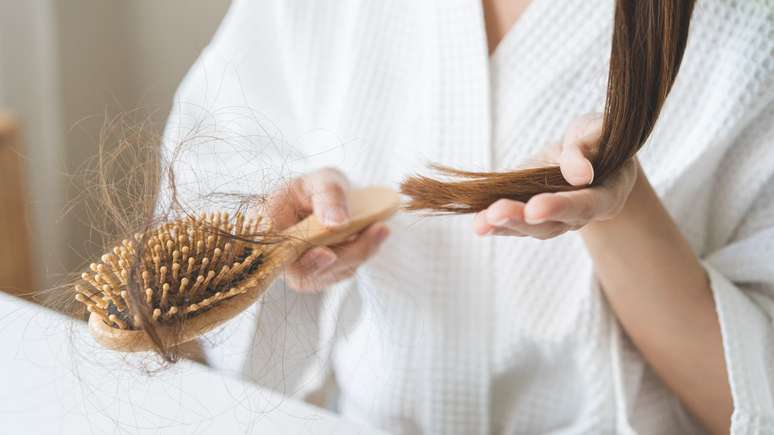Hormonal and emotional changes in the postpartum period can cause hair loss in many women
The postpartum period is a time of transformation for women, resulting from hormonal and emotional changes in the body. During this time, many experience hair loss due to changes in hormone levels.
“The postpartum period is characterized by a drastic decrease in the levels of hormones that are elevated during pregnancy, such as progesterone. This hormone is essential for preparing the body for pregnancy and maintaining the resistant structure of the hair,” explains Matheus Laz, Prohall Professional technical educator.
After the birth of the baby, the significant loss of progesterone in the body leads to a number of changes, including a strong change in the cycle of hair growth. As a result, hair can become brittle and weak, leading to sudden hair loss.
Hair loss typically occurs about three months after giving birth and may be accompanied by thinning hair. In addition to hormonal changes, other factors such as stress, lack of sleep, and poor nutrition can also contribute to hair loss in the postpartum period.
Treatment
Although the postpartum period causes hair loss in many women, it is possible to effectively treat these problems. The first step is to seek advice from a dermatologist specialized in trichology, a professional capable of evaluating the specific needs of each patient.
This specialist will be able to assess the extent of the loss, check hormone levels and recommend the most appropriate treatment, considering factors such as nutritional deficiencies, hormonal health and lifestyle. It is essential to avoid self-diagnosis and the use of over-the-counter products and medications, as this may worsen the condition or cause adverse effects.
Treatment may include vitamin supplements to correct nutritional deficiencies, hair programs that focus on strengthening strands, and topical solutions to stimulate growth.
“In addition, general recommendations for daily care are important, such as the responsible use of thermal tools, care when combing, and replacing hot water rinses with cold or lukewarm water. With the right guidance, you can restore the health of your hair,” concludes Matheus.
Source: Terra
Ben Stock is a lifestyle journalist and author at Gossipify. He writes about topics such as health, wellness, travel, food and home decor. He provides practical advice and inspiration to improve well-being, keeps readers up to date with latest lifestyle news and trends, known for his engaging writing style, in-depth analysis and unique perspectives.








